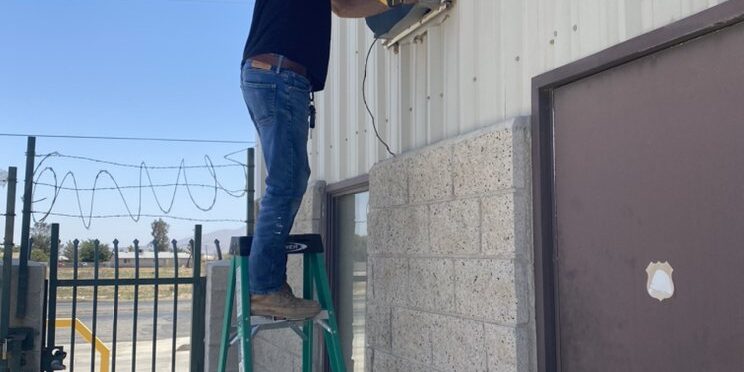Your air conditioning system plays a crucial role in keeping your home comfortable, particularly during scorching summer days. The AC valve is a crucial component that contributes to its efficacy. However, like any other mechanical component, AC valves can deteriorate over time, leading to decreased performance or even system failure. In this blog, we will discuss some helpful hints for identifying AC valve problems early and provide practical solutions to keep your cooling system operating efficiently.
Frequent AC Valve Problems
Before we get into the hints and fixes, let’s take a look at some common AC valve issues that you may encounter:
- Refrigerant Leaks: Refrigerant leaks can result in diminished cooling capacity and potential injury to other air conditioning components.
- Valves That Are Stuck in One Position or obstructed Valves that are stuck in one position or obstructed can restrict the flow of refrigerant, thereby diminishing cooling performance.
- Corrosion of Valves Corrosion can cause valve failure, resulting in a loss of refrigerant and diminished cooling efficacy.
- The solenoid coil in the valve can malfunction, resulting in problems with refrigerant flow.
- Now that we’ve identified some prevalent issues, let’s discuss how to identify them and what to do about them.
Tips for Identifying AC Valve Problems
- Listen for Strange Sounds: Strange hissing or bubbling noises in the vicinity of the air conditioning unit may indicate a refrigerant leak. If you hear these sounds, further investigation is required.
- Check for Odors of Refrigerant: Refrigerant has a distinct, pleasant smell. If you detect this odor around your air conditioning unit, it indicates a refrigerant escape.
- Reduced cooling capacity, uneven cooling, and warm air blowing from the vents are unmistakable indications of a faulty AC valve.
- Examine Frost or Ice Accumulation: Frost or ice accumulation on the evaporator coils may be the result of a trapped or blocked valve, which restricts refrigerant flow.
Repairs for AC Valve Problems
- Repairing a Refrigerant loss: If you suspect a refrigerant loss, you must act immediately. Contact a professional HVAC technician to locate and repair the leak before refilling the refrigerant.
- Lubrication of Valves: Frequently, stuck or obstructed valves can be resolved by lubricating them. This should be done by a qualified professional in order to prevent further injury.
- In cases of severe corrosion or malfunctioning valve coils, it is advisable to replace the defective valve. This ensures effective refrigerant flow and prevents further problems.
- Regular Maintenance: To avoid AC valve problems in the first place, schedule routine HVAC maintenance. A qualified technician can inspect and lubricate valves, check for leakage, and maintain the optimal condition of your system.
The conclusion
Maintaining the efficiency and longevity of your air conditioning system requires prompt detection and repair of any problems with the AC valves. By listening for unusual sounds, observing performance, and remaining vigilant for signs of refrigerant leakage, you can prevent potential issues. Remember that some HVAC repairs are best left to the experts to ensure safety and appropriate maintenance. Regular maintenance is your best defense against AC valve problems, so don’t neglect to schedule tune-ups throughout the year to keep your home cool and comfortable.




